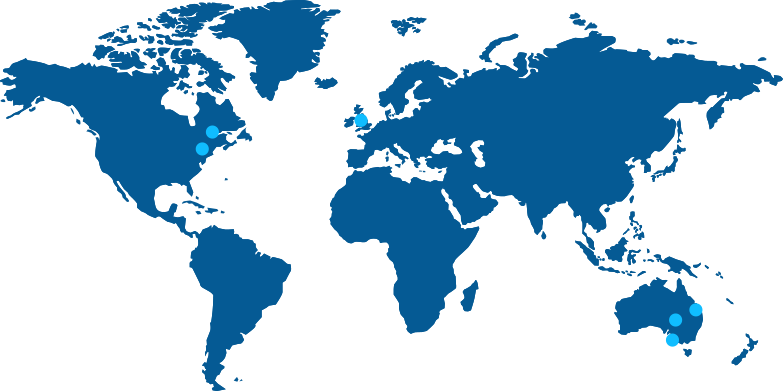I was talking to one of my Team Leaders the other day, when they mentioned in passing that ASD S1000D is not very complicated. My initial reaction was to chuckle thinking they didn’t know what they were talking about. Then I thought about that for a while and realized that although S1000D as a whole may appear complicated, a 3,547 page specification will make you think that! It is easier to understand when you are looking at each piece individually, especially if you already have core experience in the technical publications process.
If you are developing a new technical publications department, or professionalizing an existing one (as one customer recently mentioned), many of the components of S1000D have to be reckoned with, regardless if you are going to follow the specification. The nice thing about S1000D is that it helps you organize and guide you through many of these things. It gives common names to many of the factors to be aware of in a technical publications environment so that everyone is able to speak the same language. If you had to build a tech pubs organization from scratch, there are many decision points to make. S1000D streamlines this by laying out many of the decision points.
One small example is implementing a tight revision control. This was a concept our company developed before we even knew how to spell S1000D. When building a library of manuals you will likely find much commonality for the content. Controlling revisions of the content with folder structures or document names is a rudimentary though effective way to do this for small amounts of data.
Once the document library gets too large, putting it into a Common Source Database (CSDB) makes the most sense. That’s when S1000D gains real benefits and you start to work with terms called “Issue Numbers” that manage different issues or revisions of the same content in the CSDB.
The moral of this story is that even though S1000D has many pieces to consider, going through them methodically will force you to think about your current work practices, along with future opportunities that you could streamline, assisting you to develop a very professional technical publications organization.
Marcel Brache
Manager
OneStrand LLC


